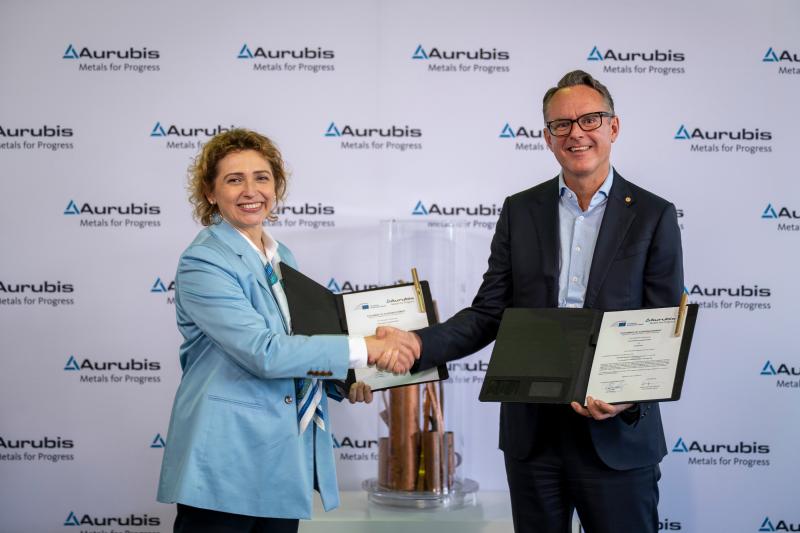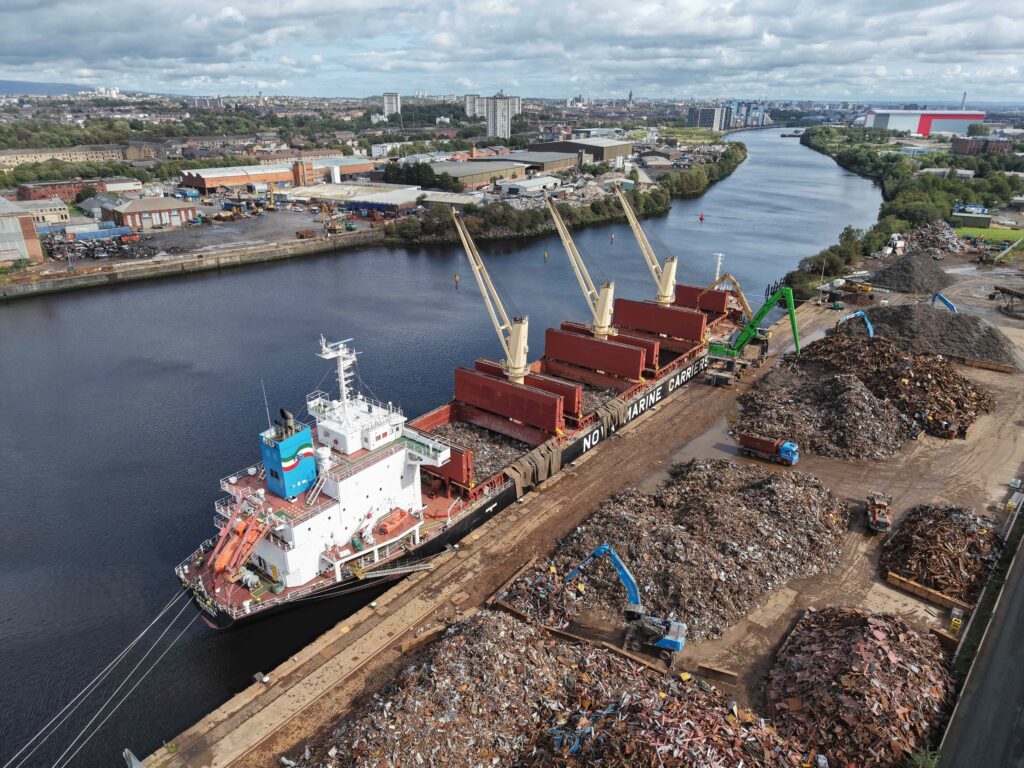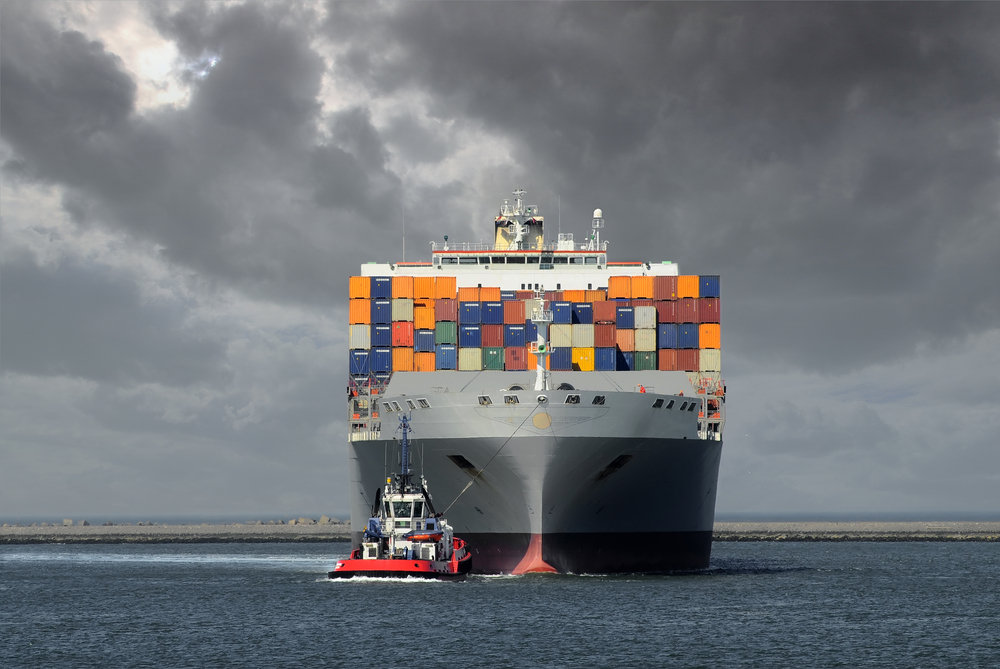Speaking at the launch of the association's 'Agenda for Change', which was held yesterday (May 20) at the National Metal-forming Centre in West Bromwich, the BMRA director-general, Lindsay Millington, called for steps to be taken to develop the UK's industrial EfW capacity.
The BMRA argues that an increase in EfW capacity to process commercial waste is vital if the UK is to meet targets for end-of-life vehicles (set at 95% by 2015) and waste electronics and electrical equipment recycling, allowing a means to process post-shredder non-metallic materials.
Ms Millington's sentiments were supported by Graham Carus, marketing manager at European Metal Recycling, who said: “We will not meet 95% for ELV without some of that material going for energy recovery.”
“We're suggesting a proportion of capacity for new EfW facilities should be held over for industrial waste,” he added, indicating that “between 5-10% would be a good working number to get the ball rolling”.
The situation with ELV is seen as particularly pressing with the proportion of non-metallic materials such as plastics in newly-built cars being increasingly higher than in older models.
Task Force
Examining EfW capacity is one aspect of the proposed Recycling Task Force which the BMRA calls for within its Agenda for Change, with Ms Millington yesterday arguing that “we need urgently a high-level task force with government, looking at how our commercial targets can be put together with the public infrastructure”.
Alongside the Task Force, which would also examine issues, including post-shredder technology developments and landfill targets, the BMRA policy paper also calls for changes to the regulation of the metal recycling industry.
Ms Millington explained: “We would like a better balance between the needs of environmental regulation and the needs of the industry.”
Referring to the BMRA's claim that current regulation is one-size-fits-all, she added: “We think the time has come where we need a full review of how that affects the commercial position of the industry.”
Regulatory issues raised within the document include a need for up-to-date sector-specific guidance on regulation, risk-based training requirements, and concern over the ongoing Defra review of environmental licensing exemptions that are currently granted to as many as a third of BMRA members.
The policy paper also calls for action to be taken over the classification of recovered metal as waste, and in particular relating to the current revision of the EU Waste Framework Directive (WFD) and the Waste Shipment Regulations introduced last year.
These concerns were previously raised last month, when MP for Southampton Test, Dr Alan Whitehead secured a Parliamentary Private Members' Debate, giving him the opportunity to raise the BMRA's concerns with waste and recycling minister Joan Ruddock (see letsrecycle.com story).
Speaking at yesterday's launch, Ms Millington explained that recently suggested amendments to the WFD relating to the redefinition of recycling and the classification of waste “are causing us a lot of concern.”
“We do think that the UK government should shout louder with Europe to get change,” she added.
The BMRA hopes to meet with Mrs Ruddock early next month to further promote the issues it raises in the document.








Subscribe for free